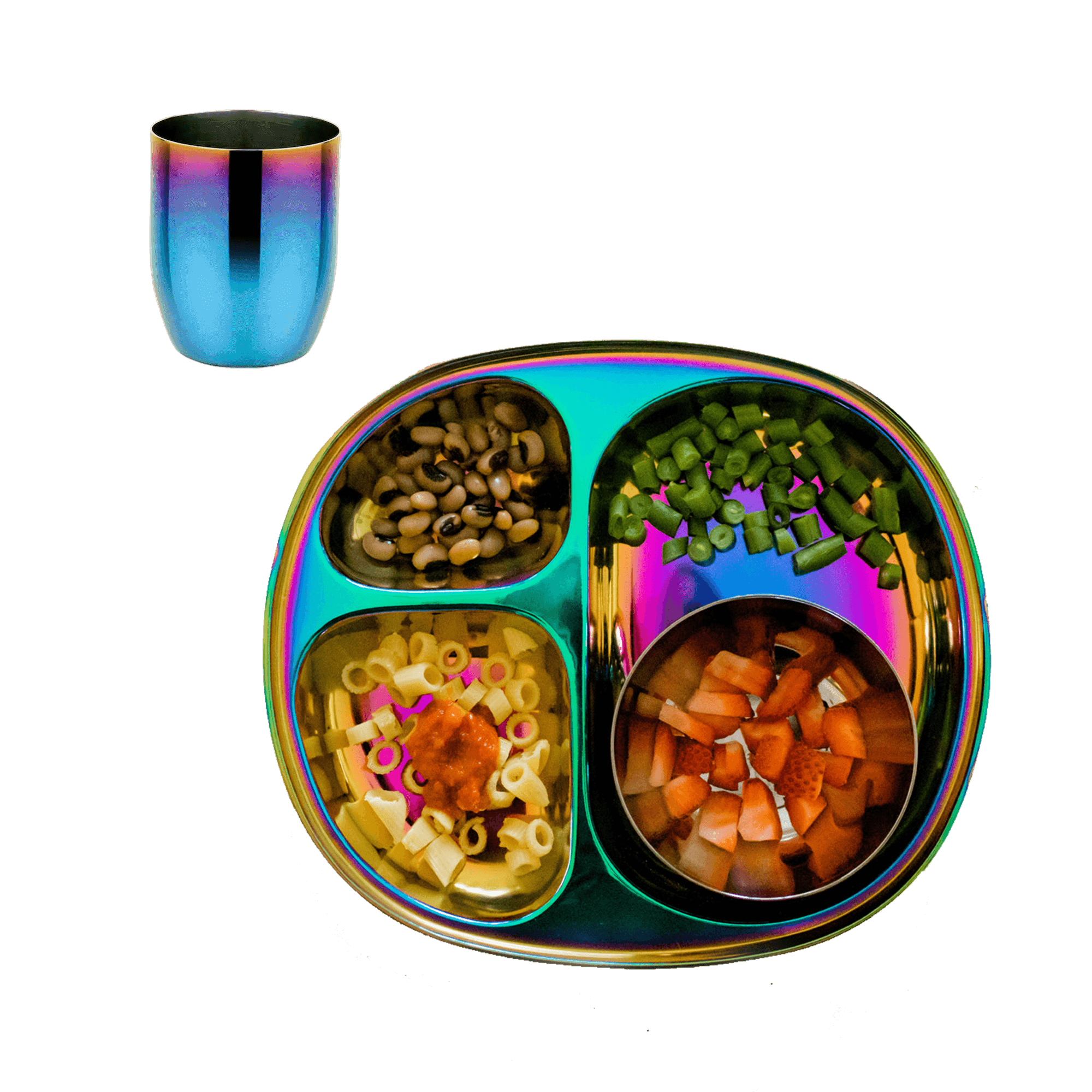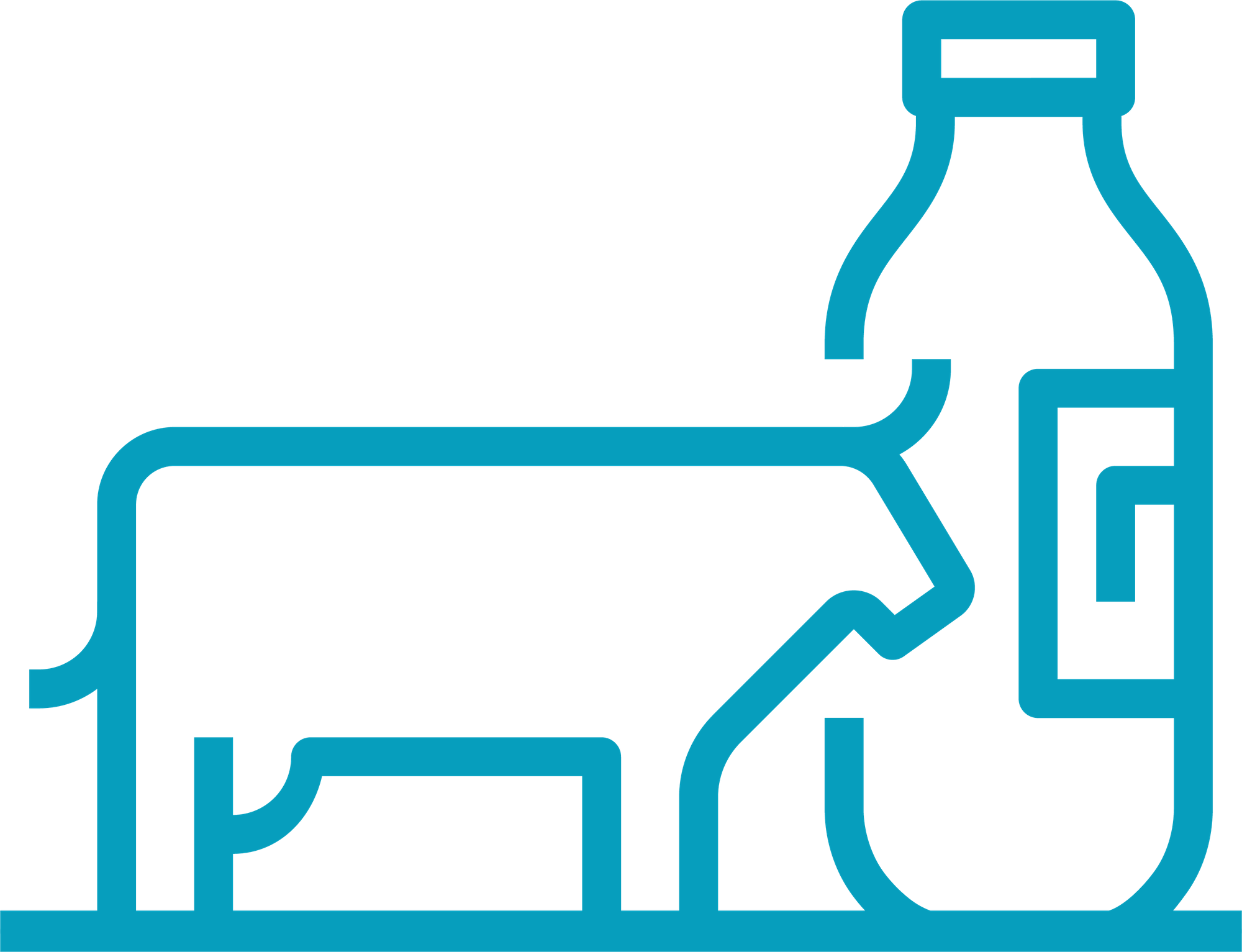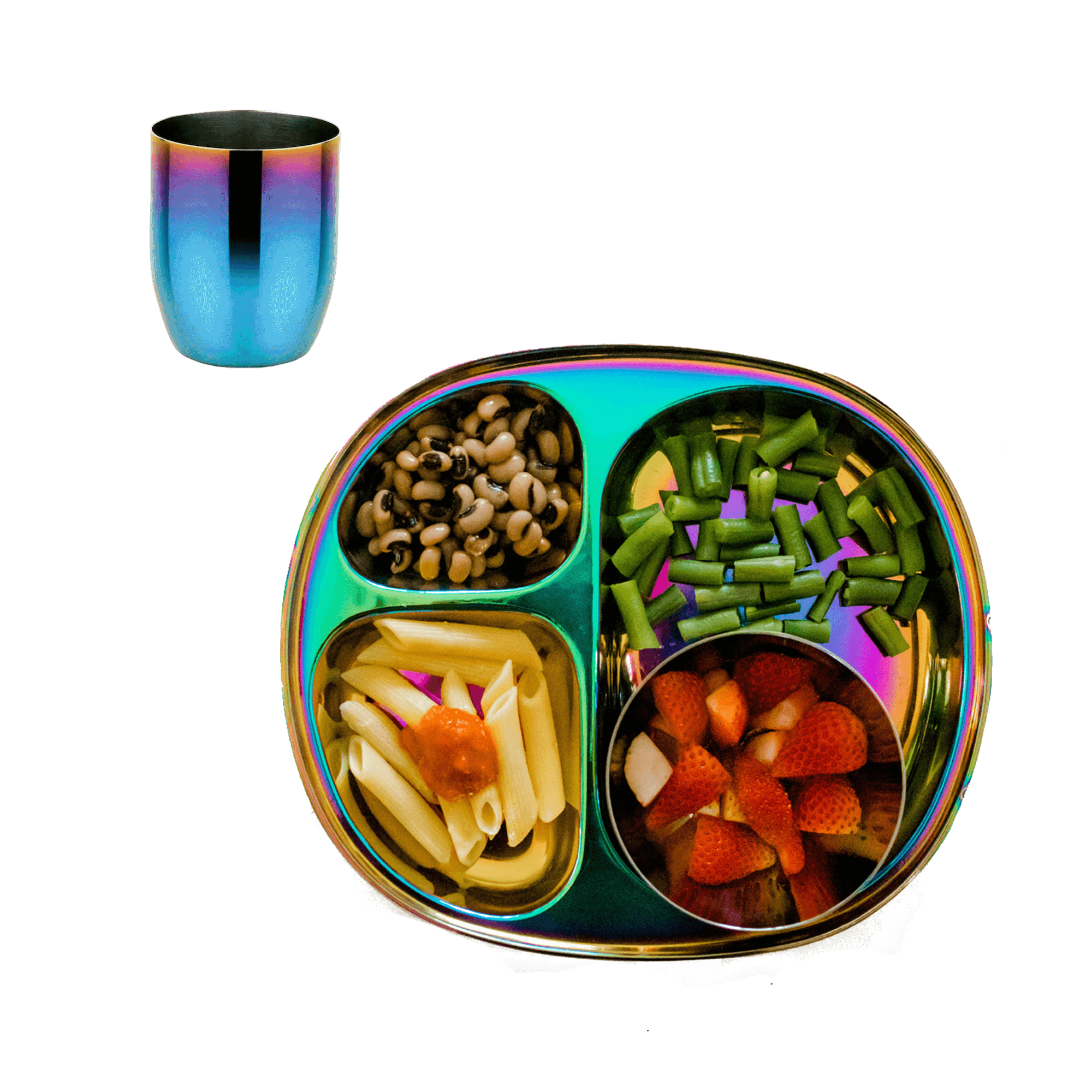Every child is unique and has varying nutritional requirements. Knowing how much and what your child should eat can be confusing. So we've created pediatrician-developed guides to help!


Veggie
1/4 cup

Dairy
1/2 cup

Protein
1/4 cup

Grain
1/4 cup

Fruit
1/4 cup
AGES 1-3
Toddler
Initially offer 1 tablespoon of foods (fruits, vegetables, and protein/main course foods) for every year of age, with more provided according to appetite. By age 2, your child should be eating 3 meals plus 1-2 snacks each day.


Veggie
1/3 cup

Dairy
3/4 cup

Protein
1/3 cup

Grain
1/2 cup

Fruit
1/3 cup
AGES 4-6
Preschool
Did you know that for children, the biggest source of added sugar is usually not in what they eat, but rather what they drink? Serve water and milk at meals instead of lemonade, soda, sports drinks or sweet tea.


Veggie
1/2 cup

Dairy
1 cup

Protein
1/2 cup

Grain
1/2 cup

Fruit
1/2 cup
AGES 7+
Grade School
Children can get 1/4 of their calories from snack foods. So make healthy snack options reachable. Items like pre-cut fruit and vegetables with dips, yogurt, whole grain crackers or pita, can be delicious staples in your routine.
Important Note
The servings pictured above show an overall average, but can vary based on your child's specific age, gender and activity level. Be sure to adjust based on your child's hunger cues.
*This website has been developed by Ahimsa Kids, Inc. This site offers health and nutritional information and is designed for educational purposes only. While many of our experts are practicing clinicians, viewing this site, receipt of information contained on this site or the transmission of information from or to this site does not constitute a physician-patient relationship. The content is not intended to be a substitute for professional medical advice, diagnosis or treatment, and does not constitute medical or other professional advice. Any information provided is not meant to address a specific situation, person or event, even if you provide information about a specific person or situation to Ahimsa. Always seek the advice of your child’s own physician or other qualified health provider with any questions you may have regarding a medical condition. Never disregard professional medical advice or delay seeking it because of something you have read on this site. Please click here for more information on our disclaimer. Effective Date: October 7, 2019, Updated 6/17/2021. © 2023 Ahimsa Kids, Inc. All Rights Reserved


